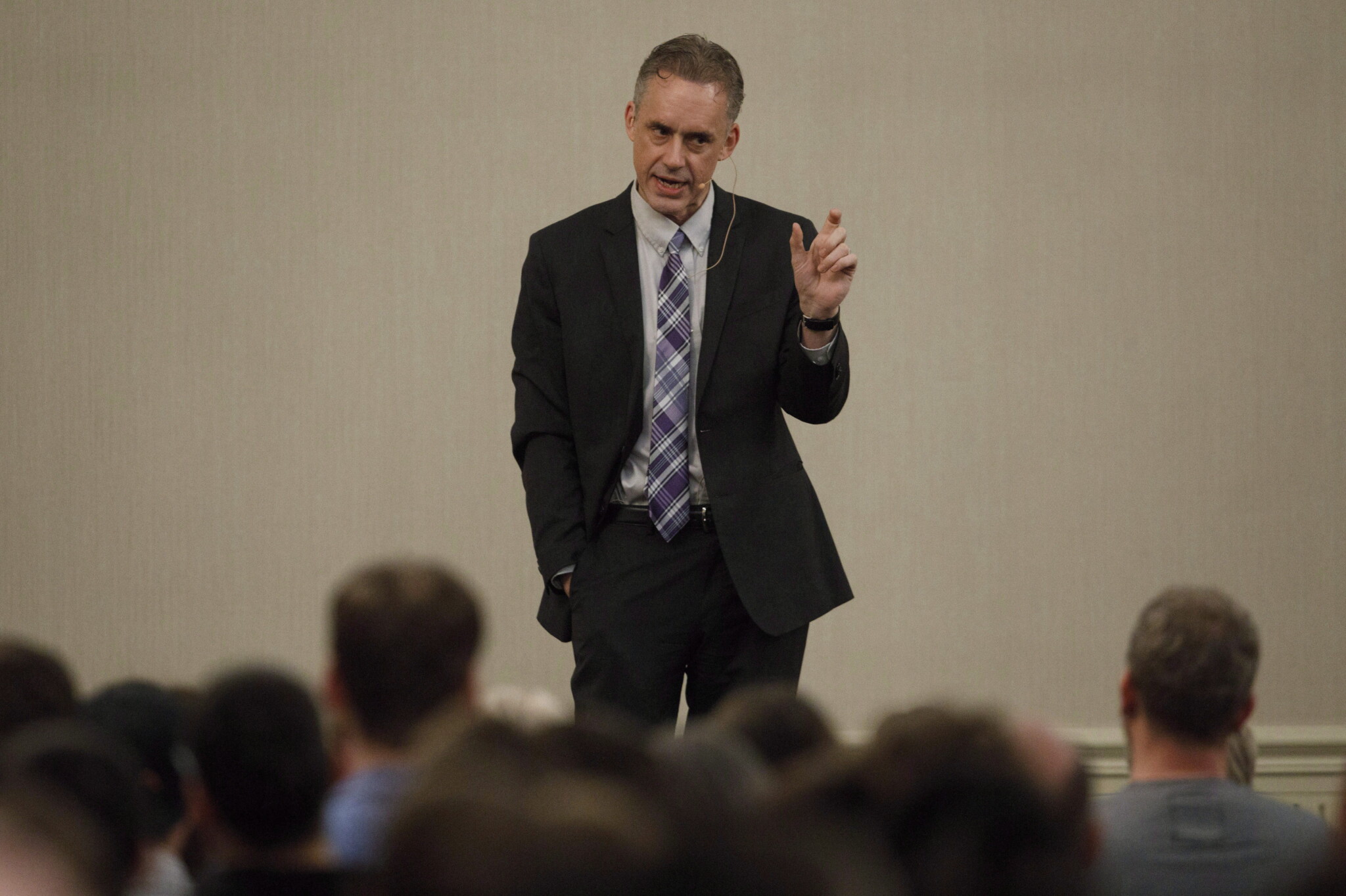Famed Canadian psychologist and author Jordan Peterson is back in the news, this time because the Supreme Court of Canada denied him leave to appeal in the legal battle with his regulator, the College of Psychologists of Ontario, pertaining to complaints received regarding his online statements. His case is an important one that has brought to the forefront of public discourse the expanding claims of professional regulators over the lives of those who need government permission to do their jobs.
Like Peterson, those in regulated professions may be subject to discipline for public statements. The concern among many in regulated professions, including doctors, lawyers, accountants, and nurses, is that these statements may now result in discipline even if they are about issues wholly unrelated to their profession—topics like politics, religion, society, and culture.
This is censorship in its most classic form, carried out by individuals who claim independence from the government but who are in fact empowered by the government through legislation and regulation. Canadians in regulated professions need the government’s permission to do their job, and that permission is granted by the self-regulating professional bodies that have their own systems of rules and discipline.
But professional regulators do not have unlimited and free-wheeling power to regulate all their members’ speech. While someone may be an accountant from the moment they wake up to the moment they go to bed, that does not make everything an accountant does a matter of professional discipline. A professional regulator aiming to restrict its members’ speech must demonstrate that the speech has a nexus to the profession and is directly related to its primary mandate of regulating it in the public interest.
And this does not mean the public interest writ large. Rather, it is limited to the public interest as it relates to the professional practice. Additionally, that public interest must be balanced against the Charter right to freedom of expression.
The problem is regulators are often overly generous about the scope of their statutory objectives, which leads to the over-regulation of off-duty speech. Judicial review is no guarantee that an overly expansive approach to regulating speech by professionals will be corrected, especially since judicial review can be deferential. The result is cases like Peterson’s, where a regulator claims social media posts about social, political, and cultural topics are under their jurisdiction because they are impolite, provocative, or inflammatory. But merely being provocative does not bring off-duty speech within the jurisdiction of the regulator.
Peterson is not alone. His case is just the most famous. A recent paper published by the Macdonald-Laurier Institute considers similar cases. Consider the cases of two Ontario physicians who were disciplined for rude and profanity-laden texts and emails they sent to the head of the Ontario Medical Association following an unpopular government deal on physician fees. Shockingly, these private messages about the economic interests of doctors to their bargaining head resulted in an investigation and discipline.
The disciplinary committees in both cases pointed to college policies on courtesy and public trust. But private emails to the head of the OMA about fees do not undermine public trust. No one thinks a cardiologist is less able to operate because he objects—even forcefully—to the bargaining tactics of the OMA. This should be considered outside the scope of the regulator and given no deference, and yet the doctors did not challenge the decision, which for one doctor included a one-month suspension of his license.
Another case involves a complaint about a physician named Dr. Polidoulis for comments she made during the COVID-19 pandemic about changes to the centuries-old ritual of Holy Communion at her Greek Orthodox Church, which uses a single spoon. In 2020 the church adopted a policy of using multiple spoons, and Polidoulis criticized this change on theological grounds in a verbal exchange with her priest and in an open letter to the Archbishop. A fellow congregant complained to the College of Physicians alleging Polidoulis had failed in her duty as a doctor by not warning people about the risks of disease in a communal spoon. Polidoulis argued she is entitled to express her religious beliefs and that she was not engaged in the practice of medicine when she expressed her personal opinions. The college nevertheless investigated and ordered a caution.
On appeal to the Health Professions Appeal and Review Board, the order was upheld and the board stated, without much further expansion, that while Polidoulis has a right to freedom of expression and religion, these rights are subject to reasonable limits under Section 1 of the Charter.
This case was never judicially reviewed. It should have been. The reasoning is deficient. Physicians must be entitled to practice their faith and make public statements about their religious beliefs without fearing that their regulator may discipline them. The board barely mentioned Polidoulis’s right to religious freedom other than to cite that it may be limited under Section 1 of the Charter. This is not the required balancing of Charter rights against the statutory role of the regulator, but rather a bare acknowledgment that such a balancing should take place.
These cases highlight a number of problems, including regulators’ expanding claims of jurisdiction over what off-duty conduct they can regulate and an overly generous definition of what constitutes the public interest, as well as the deference given to decision-makers who show little concern for Charter rights. There is also the broader cultural problem of the devaluation of the right to freedom of expression, a principle that is vital in truth-seeking fields like science, medicine, and law. The discovery of new ideas will be chilled if professional regulators are empowered to police their members’ speech for ideological conformity and political correctness.
But there are a few practical steps that can be taken to address these problems. First, regulators should receive comprehensive training in constitutional protections, particularly in the context of freedom of expression. While regulators may possess technical expertise in their respective fields, many lack the necessary knowledge about constitutional rights. Training could equip them with the understanding they need to appropriately balance regulatory goals with fundamental rights.
Second, legislatures could codify the standard of review. When courts review regulators’ decisions, they often do so by using a deferential standard of review that merely requires the decision of the regulator to be “reasonable,” not “correct.” When the standard of review is correctness, courts have overturned discipline for failing to take proper account of the constitutional rights of individuals in regulated professions.
Third, legislatures could amend existing statutes to require that regulators find a significant connection to the profession when addressing issues related to off-duty speech. Although case law requires this nexus, there have been inconsistencies in its application.
Finally, there is a need for public advocacy to foster a cultural shift that elevates the perceived value of freedom of expression. The current trend poses a threat to open debate and the exploration of diverse viewpoints, both within and beyond regulated professions. It is essential that Canadians advocate for societal change that recognizes and upholds freedom of expression as a vital component of truth-seeking and democratic discourse. This cultural shift will then be internalized within the values of professional regulators and the individuals who make up these regulatory bodies.









